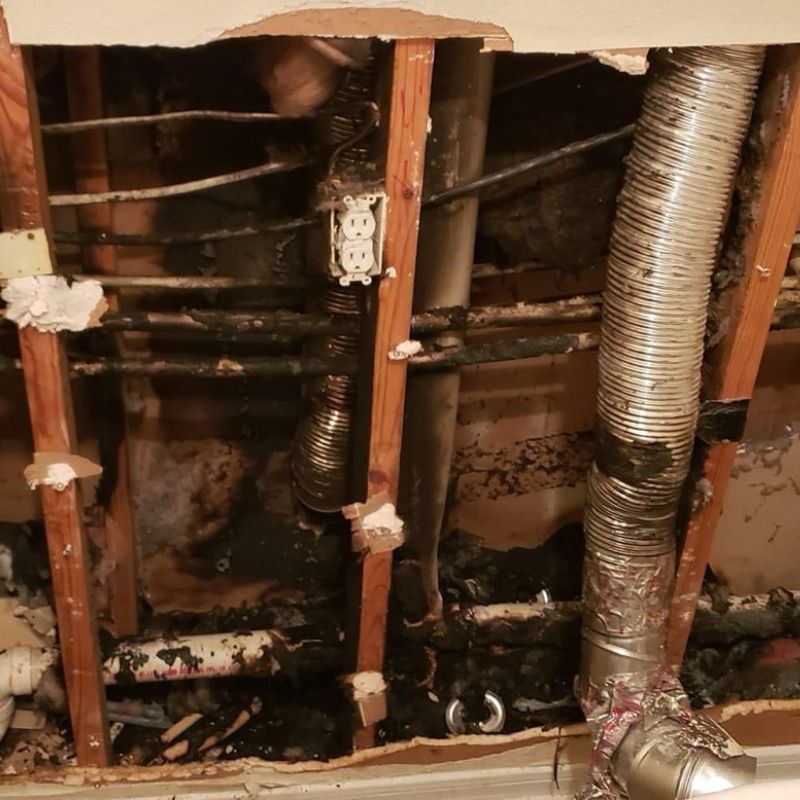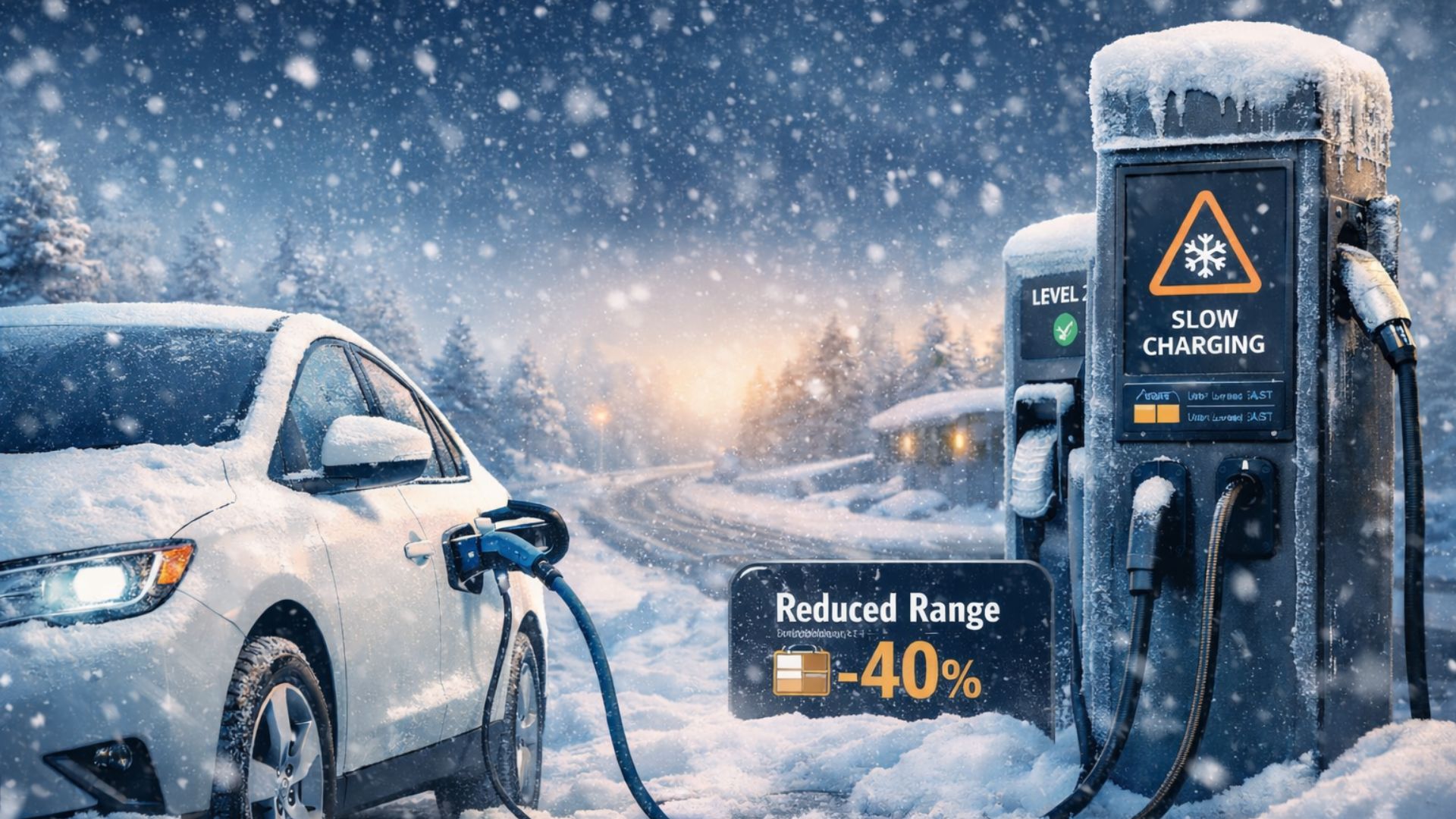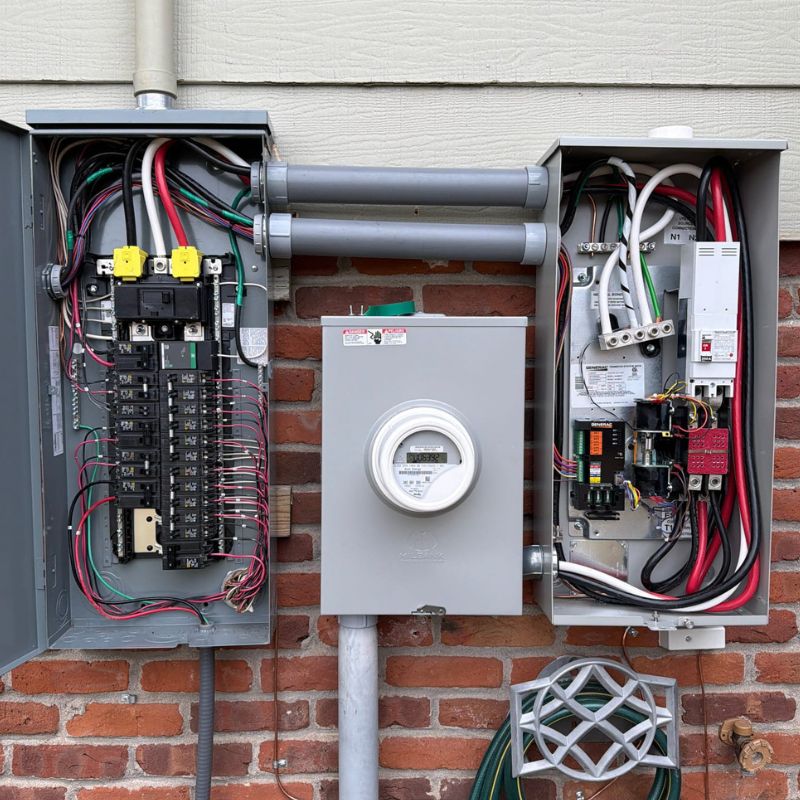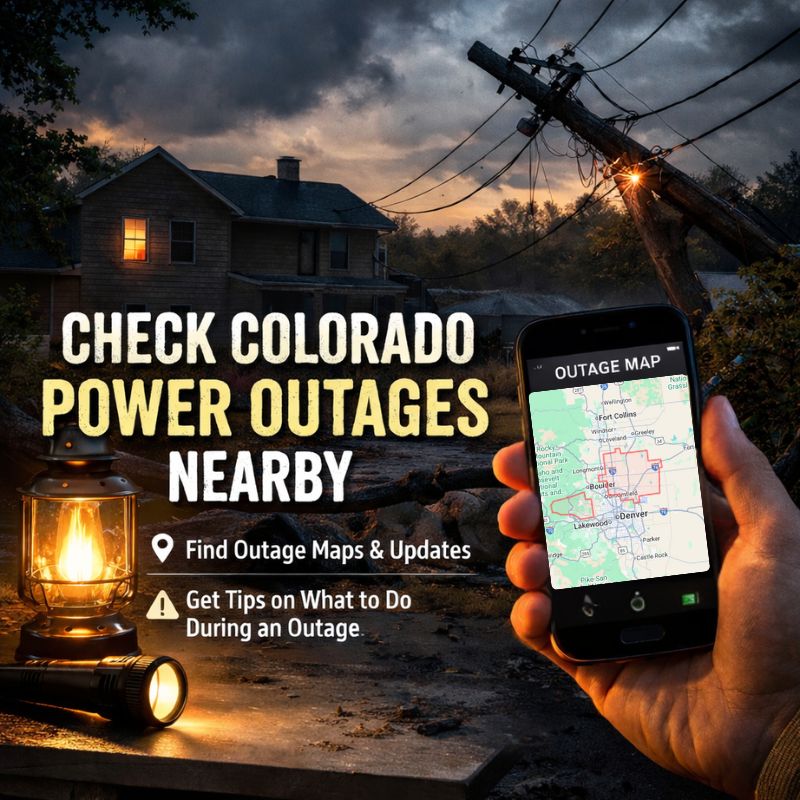Contents
- How Big of a Generator Should I Get for My Whole House?
- What Is a Whole Home Generator?
- How Does a Whole Home Generator Work?
- Choosing the Right Generator Size for Your Home
- What Size Generator Do Most Colorado Homes Need?
- Fuel Options for a Whole House Generator
- What Is the Lifespan of a Whole House Generator?
- Benefits of Installing a Whole Home Generator
- Why Choose The Electricians for Your Home Generator Installation
- FAQs About Whole Home Generators
- Final Thoughts
Trusted Colorado Electricians
How Big of a Generator Should I Get for My Whole House?
When the power goes out, everything stops—your lights, Wi-Fi, heating, even your morning coffee. That’s why more Colorado homeowners are investing in whole home generators that automatically kick in when the grid goes down.
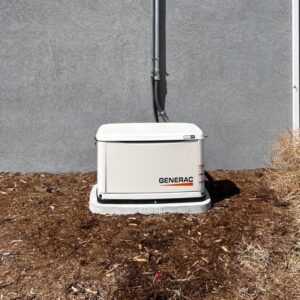
But one big question comes up every time: How big of a generator do I need to run my whole house?
Let’s break it down so you can choose the right system for your home, your budget, and your peace of mind.
What Is a Whole Home Generator?
A whole home generator, also called a whole house generator or home backup generator, is a permanently installed system designed to power your home automatically when an outage occurs.
Unlike a portable generator, a standby system connects directly to your home’s electrical panel and runs on natural gas, propane, or diesel.
When the power cuts out, it starts automatically within seconds—keeping your lights, refrigerator, HVAC system, and other essentials running smoothly.
For Colorado homeowners, where power outages can happen during heavy snow or summer storms, this peace of mind is priceless.
How Does a Whole Home Generator Work?
Whole home generators are smart systems that constantly monitor your home’s electrical supply. Here’s what happens during an outage:
- Detection: The generator senses the loss of power from the utility grid.
- Automatic Start: Within seconds, it signals the engine to start.
- Transfer Switch Activation: The automatic transfer switch (ATS) disconnects your home from the grid and connects it to generator power.
- Steady Power: Your home’s electrical panel receives backup power seamlessly—no cords or manual restarts.
- Return to Normal: When power is restored, the ATS switches back to the grid and powers down the generator.
Think of it as having a personal power plant in your backyard—quiet, reliable, and ready to work 24/7.
Choosing the Right Generator Size for Your Home
The size of your whole home generator depends on your home’s electrical load, or how much power your appliances and systems draw at once.
Step 1: Calculate Your Total Power Needs
Start by listing the major appliances and systems you want to power:
Add these up and convert watts to kilowatts (divide by 1,000). The average Colorado home typically needs a 20–25 kW generator to power the entire household comfortably.
If you only want to power essentials like lighting, the fridge, and the furnace fan, a 10–15 kW model may be sufficient.
What Size Generator Do Most Colorado Homes Need?
Here’s a quick guide:
For larger homes or those with multiple air conditioning units, electric vehicles, or hot tubs, you may need a higher-capacity generator or even two smaller units networked together.
Fuel Options for a Whole House Generator
You have three main fuel choices for home backup generators, and each has its pros and cons.
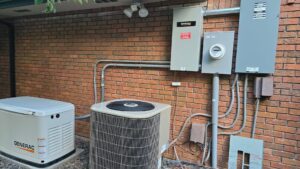
1. Natural Gas
- Pros: Continuous supply, no refueling required
- Cons: Requires a utility connection
- Best for: Urban and suburban Colorado homes with gas service
2. Propane
- Pros: Long shelf life, burns clean
- Cons: Requires a storage tank and regular refills
- Best for: Homes without natural gas access
3. Diesel
- Pros: High power output, durable engines
- Cons: Louder operation, more maintenance
- Best for: Large estates, commercial properties, and rural applications
Most Colorado homeowners opt for natural gas or propane generators since they’re clean, reliable, and efficient for standby use.
What Is the Lifespan of a Whole House Generator?
A quality whole home generator typically lasts 20 to 30 years with proper maintenance.
However, the actual lifespan depends on several factors:
- Usage frequency (more outages = more runtime)
- Regular maintenance (oil changes, inspections, filter replacements)
- Fuel type (natural gas units often last longer than diesel)
- Installation quality (professional setup ensures efficiency and longevity)
When installed by certified professionals like The Electricians, your generator will not only last longer but also run more efficiently during emergencies.
Benefits of Installing a Whole Home Generator
Beyond convenience, installing a whole home backup generator adds real value and safety to your home.
- Automatic peace of mind: You don’t have to lift a finger during an outage.
- Protects your investment: Prevents frozen pipes, spoiled food, and home system damage.
- Adds resale value: Backup power systems are highly desirable for Colorado buyers.
- Supports energy independence: Stay comfortable even when the grid goes down.
Why Choose The Electricians for Your Home Generator Installation
The Electricians are Colorado’s trusted generator specialists, certified to install and service Generac, Kohler, and other leading brands.
We handle every part of the process—from load calculations and permitting to installation and long-term maintenance. Whether you live in Denver, Colorado Springs, or the Front Range, we’ll make sure your generator is perfectly matched to your home’s needs.
When you choose us, you get:
- Licensed and insured Colorado electricians
- Expert sizing and fuel source guidance
- Hassle-free installation with clean workmanship
- Ongoing maintenance and support
FAQs About Whole Home Generators
What size generator do I need for a 2,000 sq. ft. home?
Most 2,000 sq. ft. homes in Colorado need around a 16–20 kW generator to power major systems like heating, lighting, and refrigeration.
Can a whole home generator power air conditioning and heating?
Yes. If sized correctly, your generator can run your central air system and furnace fan simultaneously.
How often should I service my generator?
Schedule annual maintenance or every 200 hours of use, whichever comes first. This keeps your system reliable year-round.
Can I install a generator myself?
DIY installation is risky and often voids warranties. Professional installation ensures safe wiring, code compliance, and long-term reliability.
How much does a whole home generator cost?
The cost varies by size and brand but typically ranges from $7,000–$15,000 installed in Colorado.
Final Thoughts
Choosing the right whole home generator is all about understanding your home’s energy needs and preparing for the unexpected. Whether it’s a blizzard, wildfire season, or a downed power line, backup power ensures your home stays safe and comfortable.
If you want expert guidance and professional installation, The Electricians are here to help. We’ll calculate your load, recommend the perfect system, and handle every step of installation—so your power never misses a beat.
We work closely with The Generators CO and help them handle all their generator installations, repairs, and more.
Schedule a Free Estimate Today
Keep your home powered no matter what Colorado’s weather brings.
Contact The Electricians today to schedule a free whole home generator estimate.
Related Posts
If you enjoyed reading this, then please explore our other articles below:
Electrical Panels in Colorado Homes
Many homes across Colorado, especially in Denver, Aurora, Lakewood, and Colorado Springs, were built with electrical panels that were never designed for modern power demands. Cold winters, EV charging, home offices, and newer appliances place added stress on older panels and breakers.
If you are noticing frequent breaker trips, buzzing sounds, or planning an upgrade like an EV charger or heat pump, a licensed Colorado electrician can evaluate whether your panel needs repairs or a full power upgrade.
